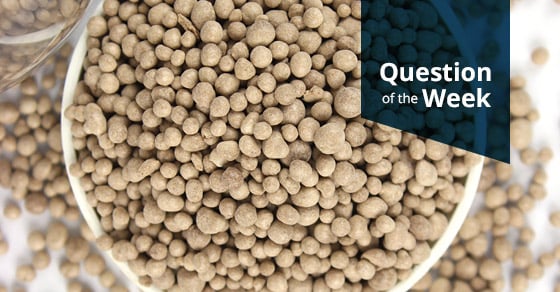Synthetic gypsum is the name used to classify a variety of by-products that can serve as an alternative to natural gypsum. The most common gypsum by-product is FGD gypsum, formed from coal-fired power plants, though synthetic gypsum can also be generated through various acid-neutralizing processes. Additional types of synthetic gypsum include titanogypsum, phosphogypsum, fluorogypsum, and citrogypsum.
Composed of calcium sulfate dehydrate, synthetic gypsum has the same characteristics as natural gypsum, and can be used interchangeably with natural gypsum for various applications including soil amendments and cement.
Utilization of this waste-to-value material proves to be beneficial in many ways. From an economic standpoint, manufacturing synthetic gypsum creates revenue from a product that would normally incur waste management costs. And from an environmental perspective, mining natural gypsum resources is reduced, and the by-product is prevented from being sent to landfill.
For more information on synthetic gypsum, visit our webpage.

